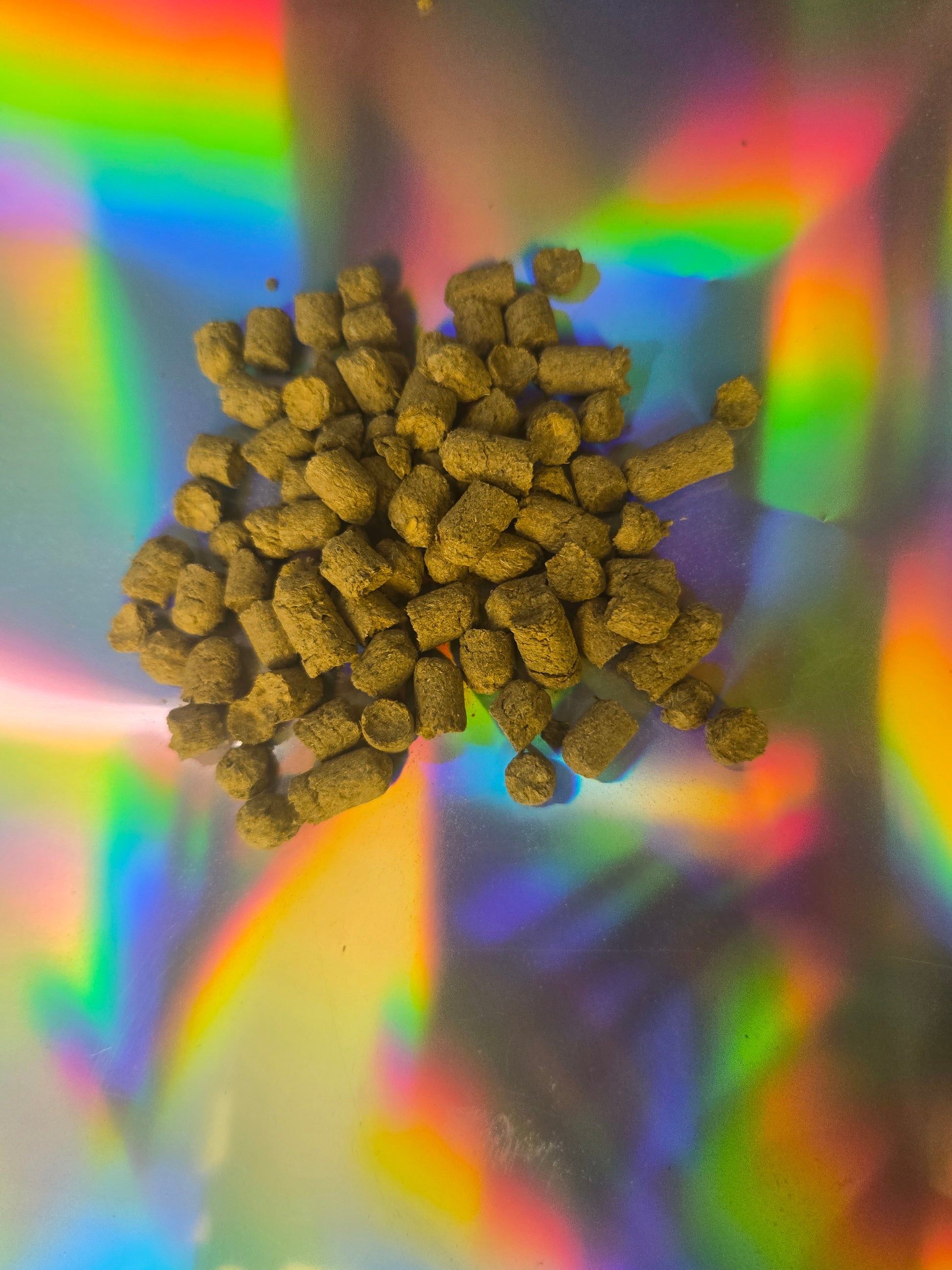
Healing Herbals
Hop pellets / tablets
Hop pellets / tablets
Couldn't load pickup availability
Galaxy Hop Pellets
Packed with bright and tropical flavor. This crop with passionfruit, peach, and citrus notes with a balanced for bitterness.This is ideal for dry hop use. Tested at 8.6% alpha acids and 6.1% beta acids for consistent quality.
FDA Disclaimer
These statements have not been evaluated by the Food and Drug Administration. This product is not intended to diagnose, treat, cure, or prevent any disease.
Share


Here at Healing Herbals Store
We carefully select suppliers who share our commitment to environmental stewardship and minimize waste through eco-conscious or reused packaging whenever possible. We prioritize supporting fair labor practices and are currently investing in regenerative farming methods, so every product reflects our dedication to both quality and the health of our planet. Shop now!

